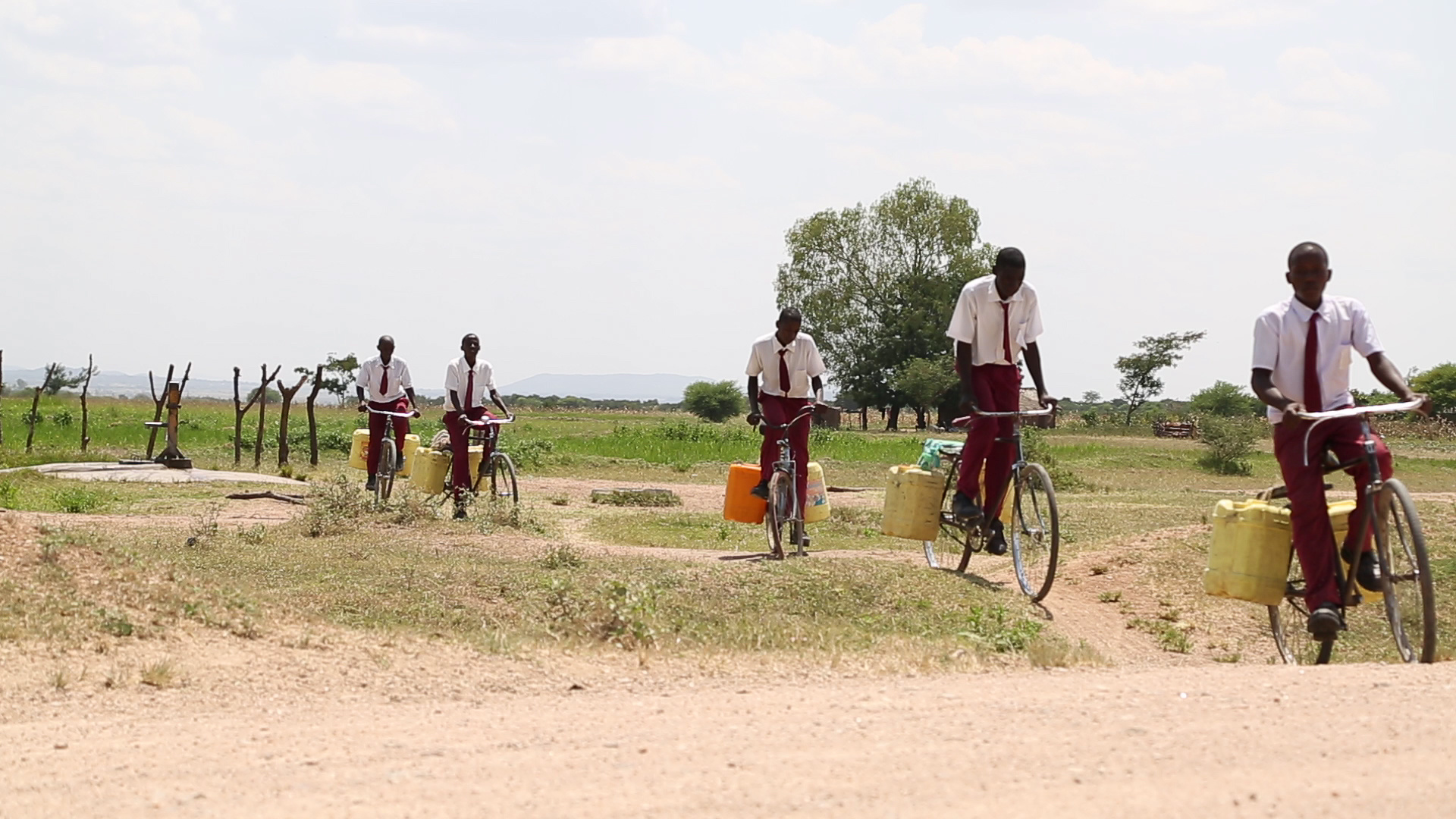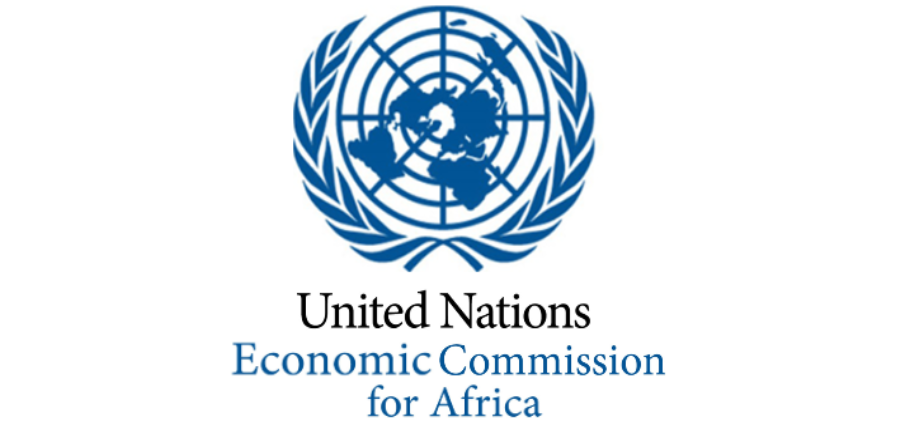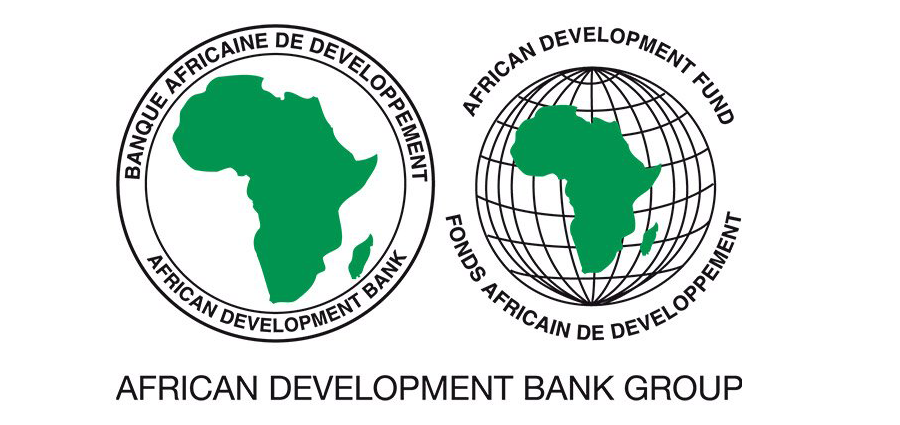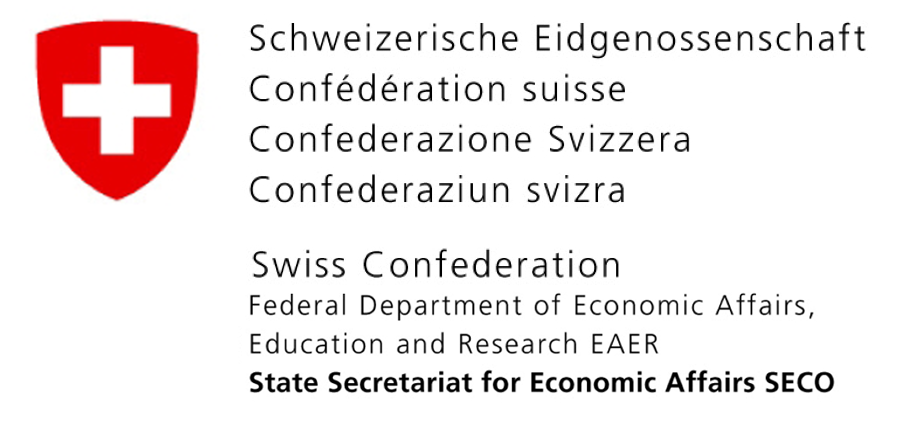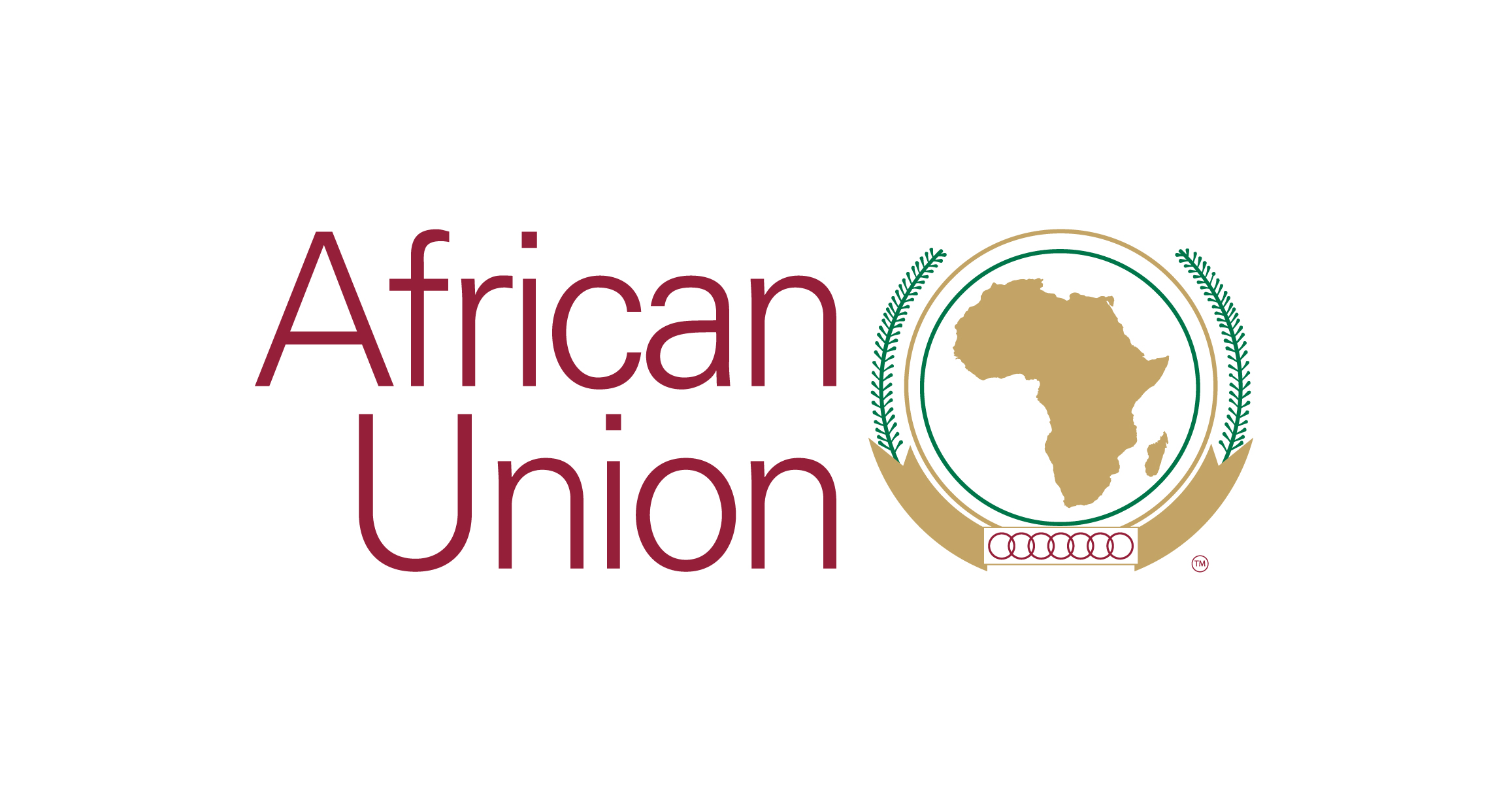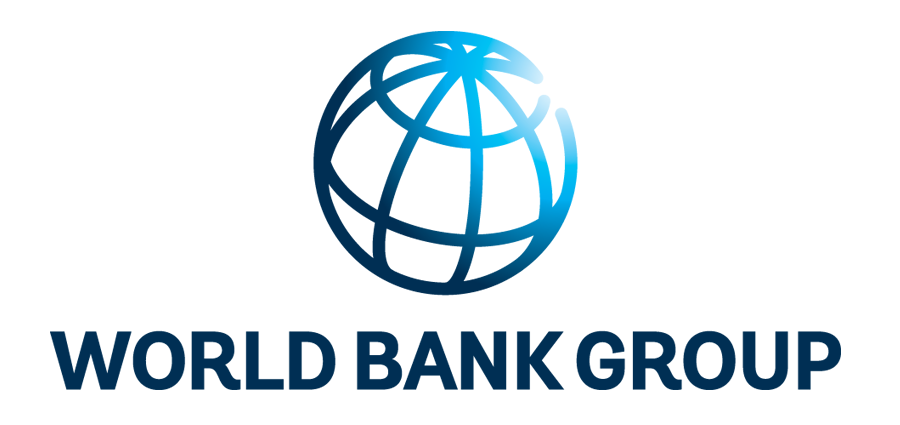2014 Africa Sustainable Transport Forum (ASTF)
The SSATP, World Bank, UN-Habitat, UNEP and the Government of Kenya are launching the Africa Sustainable Transport Forum (ASTF) to provide a platform for African stakeholders to learn, share, collectively commit and self-initiate an action framework to reduce congestion, climate emissions and improve road safety and health and accessibility for its citizens.
